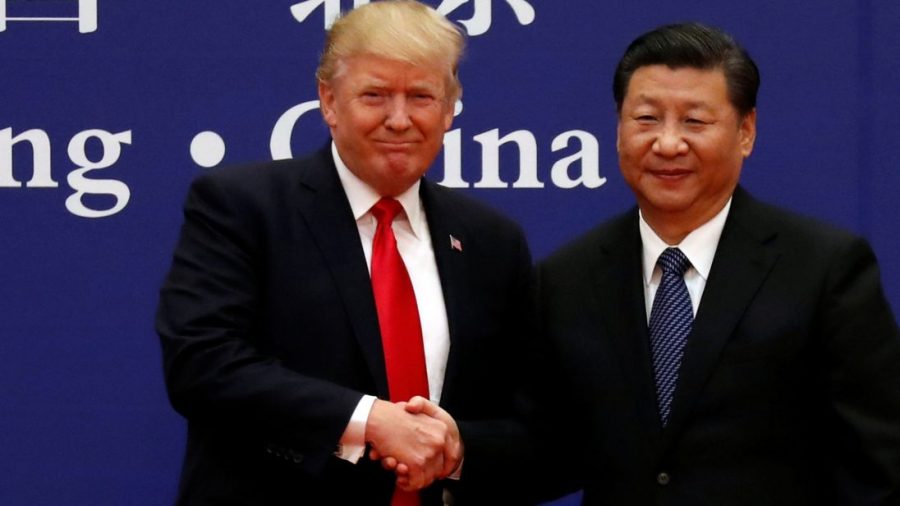Tarrifs Stir Trade War
September 19, 2018
President Donald Trump had announced that the U.S. has imposed a 25% trade tariff on $5o billion of Chinese exports, which took effect on Friday, June 15th. This decision was decided as a punishment for China after they had been found stealing American technology and trade secrets. This tariff applied to roughly 1,100 exports, allowing prices to rise drastically on products that are often used by American companies and consumers. The U.S was attempting to use the tariffs as a way to pressure Beijing into changing some of their practices, since “trade between China and the US has been very unfair, for a very very long time,” as said by Trump.
On Tuesday, July 10th, the Trump Administration announced a list of tariffs on $2oo billion Chinese goods. These tariffs didn’t go into effect immediately, instead they underwent a two month reviewing process, with hearings on August 20th through the 23rd. A senior administration official compared the $200 billion figure as it being “roughly similar to their export to us.” U.S. Trade Representative Robert Lighthizer also added to the discussion, ” for over a year, the Trump Administration has patiently urged China to stop its unfair practices, open its market, and engage in true market competition,” but China still didn’t comply, they instead chose to retaliate against U.S products.
Some of the key foreign imports that will be effected by the American tariff are going to be farming equipment, motor vehicles, health care equipment, and products made with steel or aluminum. Increasing prices on farming equipment can lead to increased prices on produce and machinery. Motor vehicle prices should not be drastically effected by the tariff, but Trump’s threat to raise the tariff up to 25% can cause American made car prices to to increase by about $5,000, according to LMC Automotive. Trump imposed tariffs on various forms of health care equipment from China, including CT scanners, EKGs and X-ray tubes, American health care providers will not be immediately affected, but this could lead to increased medical costs. Due to the tariff on aluminum and steel, costs could rise on anything substantially made with the commodities, like beer cans, motorcycles, and even some cars.


